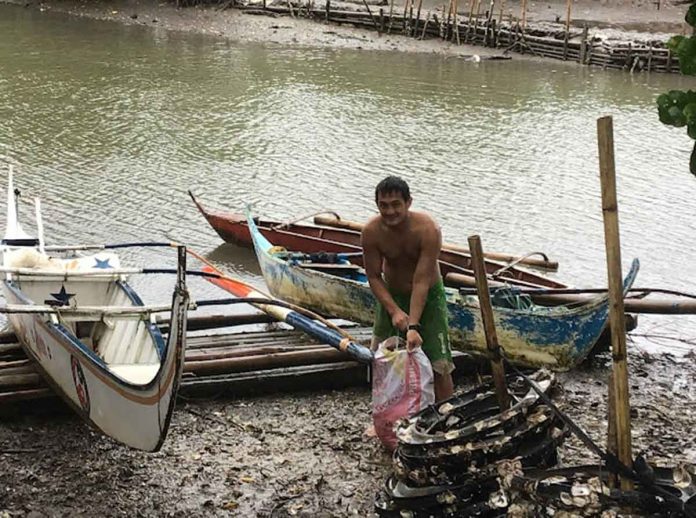
KALIBO, Aklan – No red tide toxins were detected in the coastal waters of Western Visayas, according to the Bureau of Fisheries and Aquatic Resources (BFAR), an agency under the Department of Agriculture.
In an advisory on Nov. 5, BFAR stressed there was no presence of paralytic shellfish poison beyond the regulatory limit in shellfish harvested in the coastal waters of the following:
* Altavas, Batan and New Washington in Batan Bay, Aklan
* Sapian Bay (Ivisan and Sapian in Capiz)
* Mambuquiao and Camanci, Batan in Aklan
* Pilar, Panay, President Roxas, and Roxas City in Capiz
Also free from toxic red tide are the coastal waters of Gigantes Islands, Carles in Iloilo and coastal waters of E.B. Magalona, Talisay City, Silay City, Bacolod City, Hinigaran, and Victorias City in Negros Occidental.
Red tide is a global phenomenon of discoloration of sea surface. Microscopic algae produces powerful toxins called brevetoxins which could kill fish and other marine organisms.
In addition to killing fish, brevetoxins can become concentrated in the tissues of shellfish that feed on microscopic algae.
People who eat these shellfish may suffer from neurotoxic shellfish poisoning that cause severe gastrointestinal and neurologic symptoms such as tingling fingers or toes, or experience irritation of the eyes, nose, and throat, as well as coughing, wheezing and shortness of breath.
BFAR said Matarino Bay in Eastern Samar; Villareal, Cambatutay and San Pedro Bays in Western Samar; coastal waters of Biliran Island and Dauis and Tagbilaran City in Bohol were found to be positive for the red tide toxin.
Also, the coastal waters of Daram Island, Maqueda, and Irong Irong Bays in Western Samar; Baroy in Lanao del Norte and Cancabato Bay, Tacloban City in Leyte have been tested positive for paralytic shellfish poison.
The public is advised to refrain from eating, gathering or harvesting shellfish from these coastal towns. All shellfish and alamang (tiny shrimp) gathered from these areas are not safe to eat.
Fish, shrimps, squids and crab are safe for human consumption provided they are fresh and washed thoroughly, and internal organs such as gills and intestines are removed before cooking./PN



